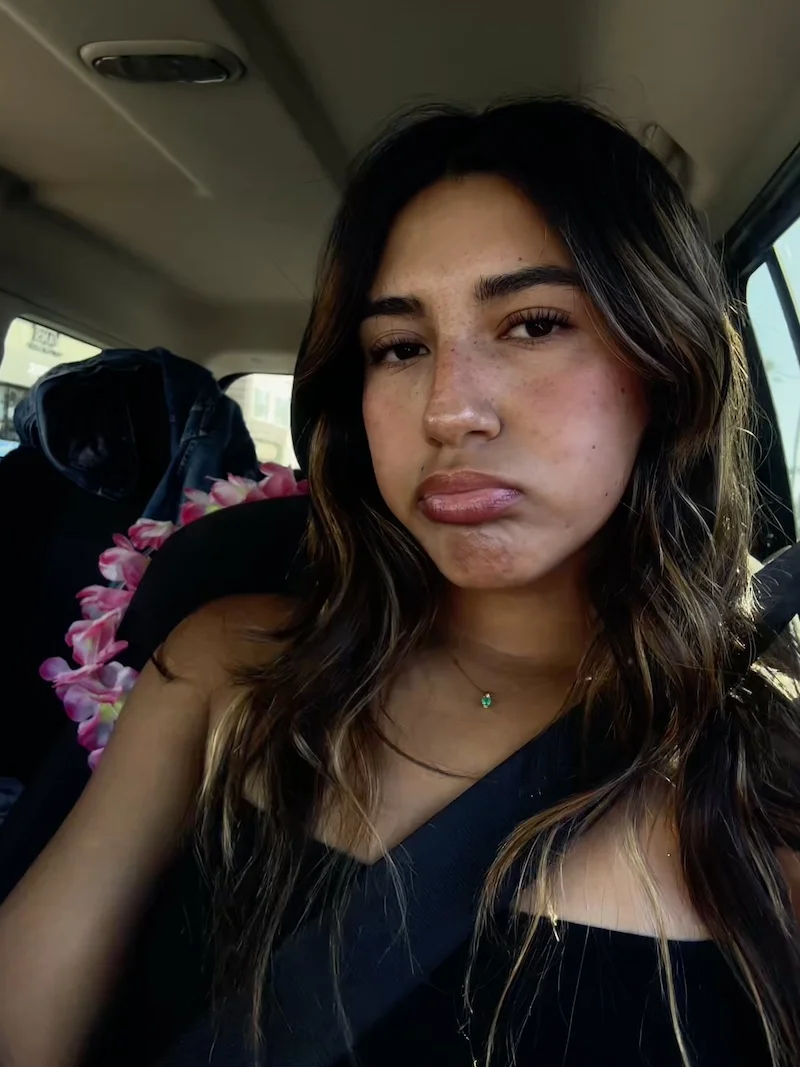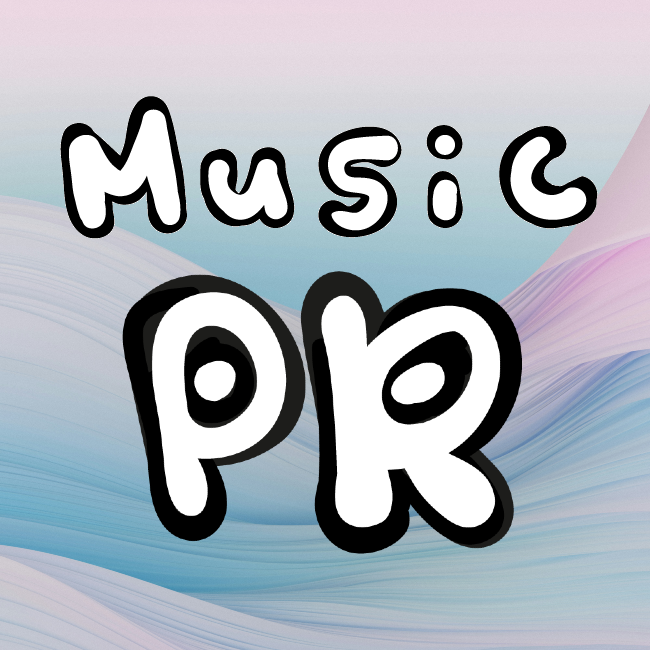Zoey Bahena • October 13, 2025
Music PR: Assessing the Risks and Rewards of Unannounced Live Performances
- PR ON THE GO Expert Panel

Author: Zoey Bahena
Zoey is currently a student majoring in Communication at the University of California, Santa Barbara. Her passion in advertising and music has allowed her to explore the different ways that public relations shapes viewer engagement. She is always looking for new ways to connect with others and keep up with current trends.
Recently announced Daniel Caesar has been going around different cities in the US doing free pop up concerts. Some speculate that this is a way for him to promote his upcoming album, Son of Spergy. Daniel posts on his Instagram story the location and time of the concert at least 2 hours before. His previous concert in Los Angeles, Elysian Park the notice was posted 2 minutes before and the turn out was insane. People were running through the hills trying to find his exact location. The police and helicopters even made an appearance due to the overwhelming amounts of people who showed up. Daniel Caesar released a statement saying how “uncivilized” the city of LA was due to fans crowding him and stealing his beanie off of his head.
I asked our PR & growth experts: Are pop-up concerts an effective way to market a new album release, or are they too chaotic to manage? What alternative strategies could reach large audiences in a more controlled manner?
Here are the experts' insights.
- Artists might consider hosting “secret concerts” in small venues
- Timed flash experiences with capped attendance
- Announce city-specific album listening parties
- Structured surprise events with exclusive codes
- Digital fan missions
@idkhowtousechopsticks @DanielCaesar filmed in 0.5 #danielcaesar #la #popup ♬ original sound - aaron 📸
Artists might consider hosting “secret concerts” in small venues
Emily Reynolds, Owner at R Public Relations
"There is certainly a PR crisis risk with pop-up concerts, but any time you launch a PR campaign that’s outside the box, you are taking a risk–with a higher opportunity for reward. Rather than pop-up concerts, artists might consider hosting “secret concerts” in small venues. They can invite only their most loyal fans or invite fans through random selection. This type of event would still generate significant buzz without the opportunity for crisis."
Timed flash experiences with capped attendance
Leah Miller, Marketing Strategist at Versys Media
"Pop-up concerts can absolutely spark a wave of viral momentum, especially in a digital culture driven by scarcity and spontaneity. The surprise factor activates FOMO, and if the artist already has a strong fan base, the content created by fans on-site spreads fast. But that only works up to a point. Once crowd control becomes a legitimate safety concern, you risk crossing from clever publicity into chaotic liability.
In this case, I don’t think the concept is inherently flawed. The execution just got overhyped and under-managed. We’ve worked with a music platform that used low-key street performances to launch new playlists in various cities. Their team always coordinated quietly with city officials, built in basic crowd flow planning, and embedded local influencers to document without tipping off the masses too early. It worked well without becoming unmanageable.
For a slightly more structured approach, an artist could host timed flash experiences at indoor venues with capped attendance. You can still post last-minute on socials but pre-coordinate logistics and control the narrative. This keeps the mystery and buzz but with manageable risk.
Another option that scales well is geo-targeted AR drops or scavenger hunts tied to audio snippets or clips from upcoming albums. That drives real-world interaction but spreads the foot traffic out. It also gives fans something to share online, which has the same viral potential without creating a safety hazard.
Pop-ups can work. But unless you're counting on fan behavior as part of the spectacle, you need moderation. The moments should feel organic, not like flash mobs spiraling out of control."
@user855941129 will never forget 😭 #danielcaesar #danielcaesarconcert #lapopup #fyp #foryou ♬ Roman Holiday - Big Barbie NM FanPage
Announce city-specific album listening parties
Ryan McEachron, CEO at ISU Insurance Services - ARMAC Agency
"I've served on Victorville's Planning Commission for seven years and currently sit on City Council, so I've reviewed countless event permits and dealt with crowd management issues firsthand. The Daniel Caesar situation isn't a marketing problem—it's a liability nightmare waiting to bankrupt someone.
When I ran the Victorville Chamber of Commerce as Board Chairman, we learned that successful events require three things: proper permitting, adequate security, and clear communication with local authorities. Caesar's 2-minute notice approach bypasses all of that. In our insurance agency, we've seen artists and venues get sued into oblivion when crowds stampede or someone gets injured at unpermitted events.
Here's what actually works: partner with local radio stations or insurance-backed venues for "secret show" announcements with 24-hour notice. We helped several Victorville businesses structure similar flash events—they got the buzz without the legal exposure. The station handles the permits, security gets hired, and capacity limits are enforced.
The Rotary taught me that building excitement doesn't require chaos. Caesar could announce city-specific album listening parties at established venues holding 200-500 people through SMS lists. Fans get intimacy, venues get business, and nobody's stealing beanies while helicopters circle overhead."
Structured surprise events with exclusive codes
Steven Bahbah, Managing Director at Service First Plumbing
"Pop-up concerts generate a viral effect immediately, yet they rely on unpredictability, turning exposure into anarchy. The process of being unorganized turns enthusiasm into risk and that is especially when there is a failure in handling the crowds. Such a show only creates visibility in the short run but not brand equity. Well-planned rollout is supposed to create the anticipation without the fallout of the operation. Tiered-access structured surprise events with exclusive codes can be used to control attendance, keeping the fans eager. It preserves social virality and needs no intervention of law enforcement or a threat to the population."

Find our DIY growthhacking tips for indie musicians, DJs, festival organizers, music tech, music producers, and venues here.
Growthhacking MusicDigital fan missions
Sahil Kakkar, CEO & Founder at RankWatch
"Pop-up concerts work as both art and strategy. They connect audiences on an emotional level and create unmatched excitement. Fans feel a personal connection that traditional promotions cannot achieve. These events can make an artist feel accessible and spontaneous. However when large crowds gather without proper control it can create safety risks and harm the brand’s reputation. The thrill of surprise is valuable but it needs careful planning to avoid negative experiences for fans and the artist.
Smart alternatives can maintain excitement while reducing risk. Augmented reality experiences or coordinated digital fan missions can safely build hype. These methods preserve the element of surprise while giving the campaign structure. The most successful pop-up strategies are exciting and disciplined. Fans enjoy the thrill and the brand maintains trust and credibility."
#PRontheGO
Subscribe to the PR ON THE GO newsletter.
Receive the latest media news in your inbox. Discover journalists and start pitching!